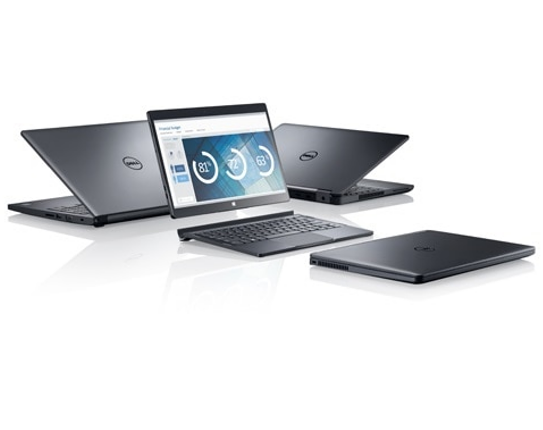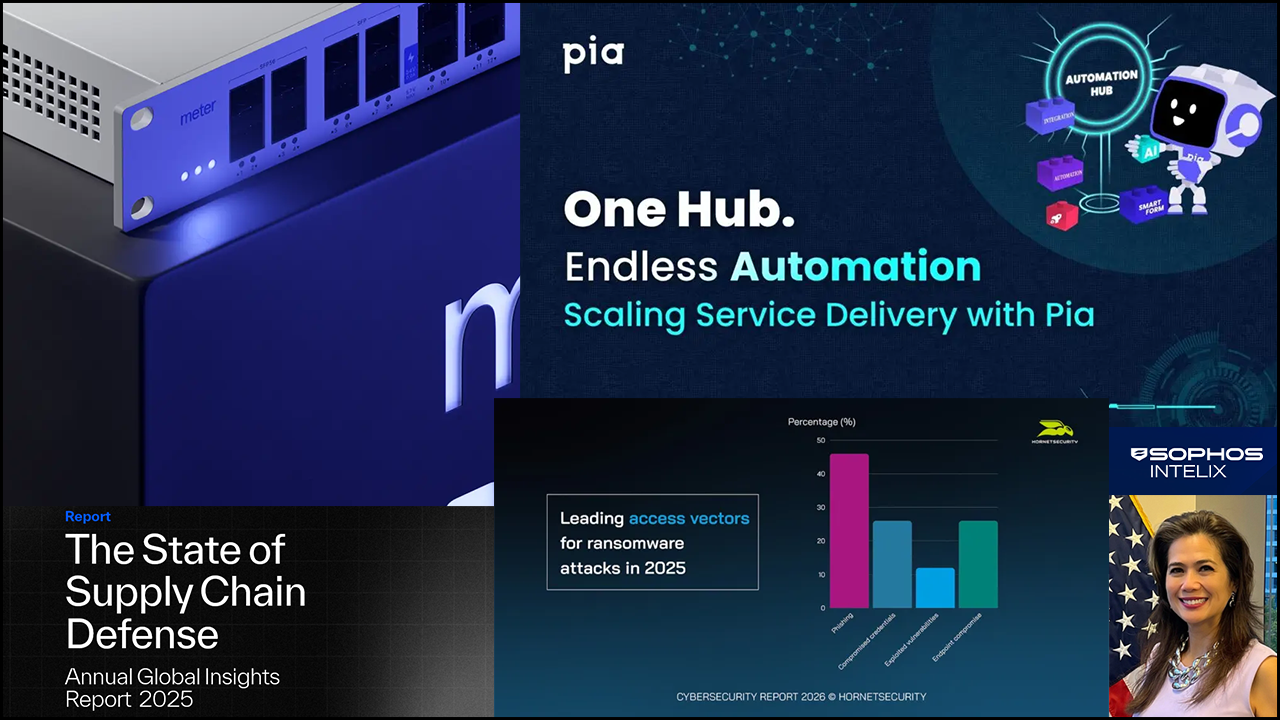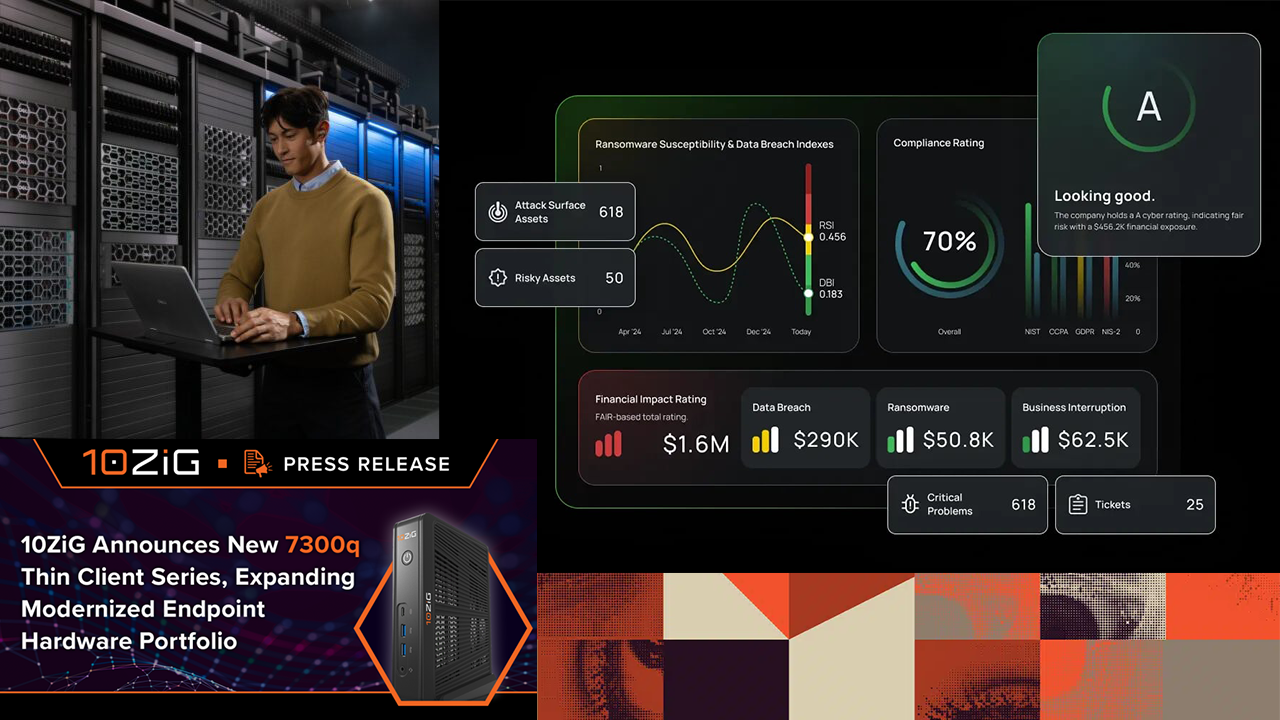Dell Technologies has good news for its partners and shareholders alike: the hardware buying boom that kicked off last year when everyone began working from home has no end in sight.
“People are having more than one laptop in their personal/professional shared space at home. People need more secure environments. Corporations and companies are having to modernize their data center infrastructure,” says Cheryl Cook, Dell’s senior vice president of global channel marketing, in remarks echoing recent comments from Intel and IDC. “All of that lends itself to a pretty robust demand climate.”
Just how robust became apparent last month, when Dell reported that revenue in Q1 of its 2022 fiscal year, which ended April 30th, rose 12% to a record $24.5 billion. Partners contributed heavily to that sales growth as well. Revenue through the channel on client solution orders climbed 21% year-over-year in the quarter and server revenue through the channel grew 12%. Even storage revenue, which by Dell’s own admission has been disappointing for some time, notched up 3%.
“We have some amazing momentum in the business right now,” Cook says. It’s paid off for the company’s partners too, she added, noting that rebate payments were up 31% year over year last quarter.
The transition currently underway from remote work to hybrid work arrangements in which employees split time between home and the office should fuel further hardware purchasing, according to Cook.
“Almost everyone is acknowledging this hybrid world has revealed silver linings of productivity and work-life balance,” she says. “Everyone benefits from it, so I think we’re going to see more of that, not less.” Indeed, 59% of HR leaders surveyed by Gartner in March said they will let employees work remotely at least some of the time. That’s up 21% just from last November, let alone from pre-pandemic times when management skepticism about working from home was pervasive.
Dell expects that trend to drive continued sales of laptops in particular, as businesses roll out secure, latest-generation devices that their employees can use anywhere they need to be productive. The company foresees strong demand for backend infrastructure products too from companies scrambling to meet consumer demand for online, on-demand everything.
“Customers can no longer postpone or defer or delay modernizing and web-enabling and digitally enabling their processes and their solutions and their employees to be able to keep pace and keep relevant,” Cook says.
In a bid to remain relevant itself amid rapidly rising interest in subscription-based purchasing models, Dell officially launched its APEX “everything-as-a-service” offering early last month. According to Cook, the company is current educating its channel on how the program works.
“We’re very focused around training and enablement to really help our partners be positioned to respond to the increasing requests that we’re seeing from our customers in our market around flexible consumption models,” she says. APEX is one of several procurement options Dell offers, along with the pay-as-you-go Flex On Demand program and traditional capex purchasing.
“We’re not attempting to force fit a particular solution on our customers,” Cook says.
Addressing one of the most eye-catching headlines about Dell in its first quarter, Cook promised little impact for partners from the company’s planned sale of its 81% ownership stake in VMware.
“It’s very much business as usual,” she says, noting that Dell and VMware have already negotiated an agreement to continue collaborating on R&D, sales initiatives, and partner incentives. The latter includes the adjustment to Dell’s partner program announced in February that allows Platinum- and Titanium-level members to receive the same base rebate VMware pays when buying VMware products directly through Dell.
“All the financial benefits remain in place,” Cook says.
Dell previewed a new online incentives center and an updated edition of its Online Solution Configurator in February too. Both tools are in production now, according to Cook, who credits the revised configurator with streamlining the sales process. “A partner that has an approved deal registration will get the uniquely best price first time in the tool,” she says. “It helps our partners be more responsive to their customers.”
Self-serve tools that improve operational efficiency for partners remain an ongoing priority, according to Cook, who emphasized as well though that Dell tends to be sparing about modifying its partner program.
“Less is more in the way of trying to make wholesale changes to the program,” she says. “We consciously try and be very consistent and predictable to our partners.”












